A European project proposes to reduce the use of antibiotics in poultry farming with alternative therapies against multi-resistant bacteria
The control of multiresistant bacteria to antibiotics is one of the main global health challenges. In the face of the so-called "silent pandemic," it is necessary to design alternative strategies to combat bacterial infections, both in animals and in humans, whose treatment is no longer effective with known antibiotics. In the case of food-producing animals, controlling the proliferation of multiresistant bacteria, in turn, reduces the risk of their transmission to humans and the environment.
With this One Health approach, CEU UCH researchers participate in the international project "Phage-Stop-AMR," which proposes the design of bacteriophage therapies as an alternative to the use of antibiotics to reduce the proliferation of Salmonella and E. coli, both multiresistant, in chickens from poultry farms.
As the project researchers explain, bacteriophage therapies can help reduce the use of antibiotics in animal production to combat bacteria that have acquired multi-resistance to these drugs. "Bacteriophages are viruses that specifically attack certain bacteria, so their use against those that have multiple resistance to antibiotics is considered an alternative antimicrobial strategy, beneficial for animal and human health, as well as respectful with the environment."
In the "Phage-Stop-AMR" project, researchers from five countries will work with two of the bacteria declared to be of greatest importance in public and animal health and that present high multi-resistance to antibiotics: Salmonella and E. coli. The most effective combination of bacteriophages for the reduction of these bacteria and their resistance genes in broilers will be studied. In the study, the impact of phage therapy on the intestinal parameters of the treated animals will be verified, carrying out the analysis of these birds' intestinal microbiome and resistome. And an early warning system for multiresistant food pathogens in farms will also be developed to facilitate their detection in situ and prevent their transmission from farm to table.
International project "Phage-Stop-AMR"
"Phage-Stop-AMR" is one of the projects in the "One Health interventions to prevent or reduce the development and transmission of AMR" area of the Joint Programming Initiative on Antimicrobial Resistance (JPIAMR). Headquartered at the Swedish Research Council in Stockholm, this international platform is made up of the EU and 29 countries and promotes the One Health approach, which combines the perspectives of human, animal and environmental health, as a strategy to stop the increase in resistance bacteria to antibiotics, whose effectiveness has been reduced due to the abuse or misuse of these drugs in recent decades.
Together with the CEU UCH, seven researchers from the University of Münster, in Germany, are partners of the "Phage-Stop-AMR" project; Loughborough University and the Animal and Plant Health Agency, from the United Kingdom; Tel Aviv University, in Israel; the Veterinary Medical Research Institute of Hungary; and the University of Cantabria.
The subproject carried out in Valencia is coordinated by doctors Clara Marín and Santiago Vega, from CEU Cardenal Herrera University, experts in the control of these pathogens from a One Health point of view. In addition, it has the participation of researchers of Francisco Marco Jiménez, from the Polytechnic University of Valencia (UPV) for the application of omic sciences, and Pablo Catalá and Sandra Sevilla, from the Center for Poultry Quality and Animal Feed of the Valencian Community. , thus counting on the support of the Valencian poultry sector for this alternative therapeutic strategy to the use of antibiotics.



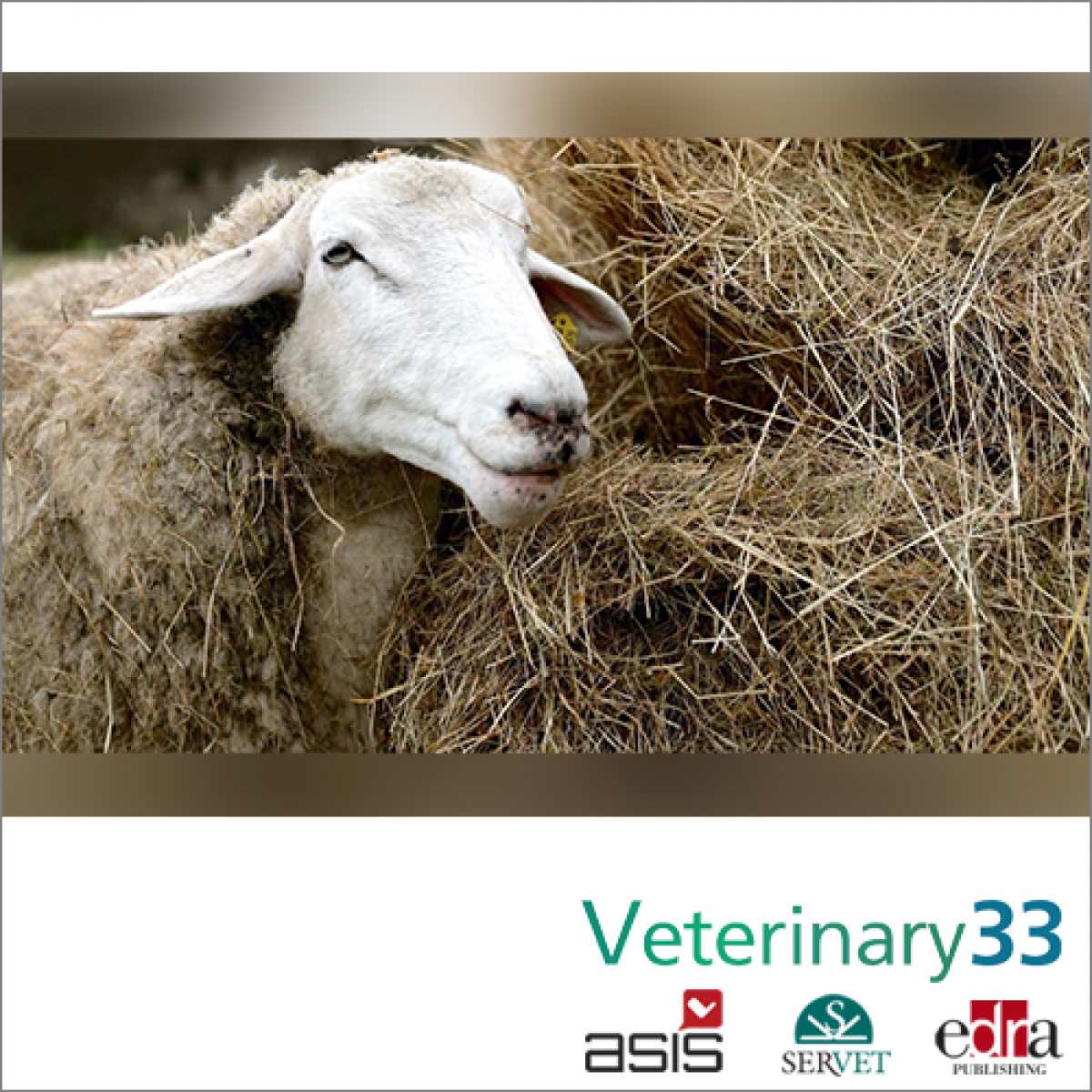
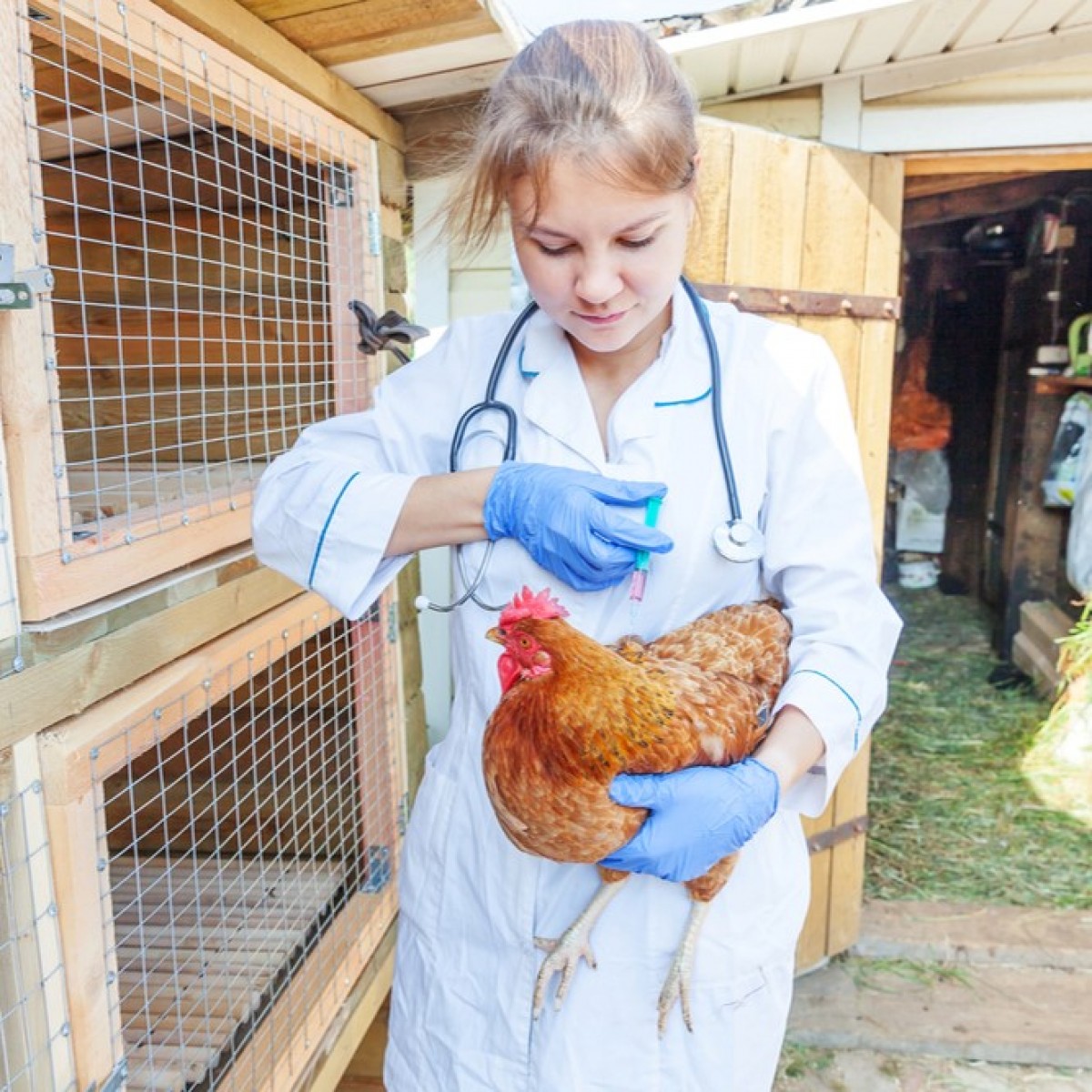


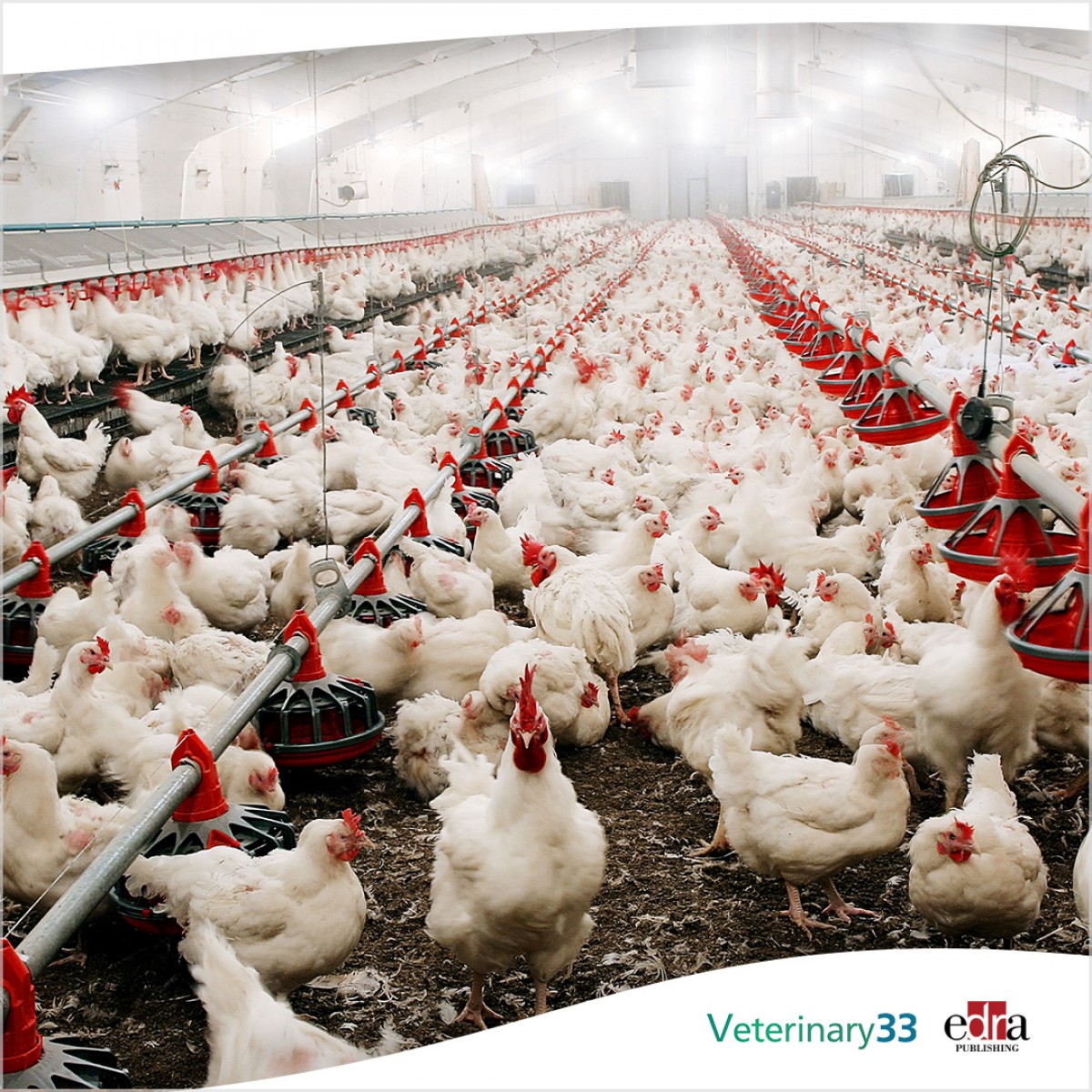


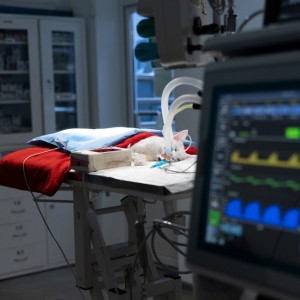
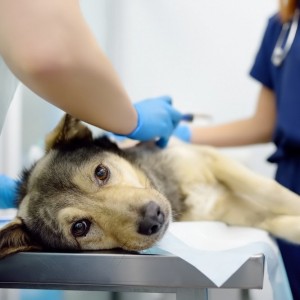
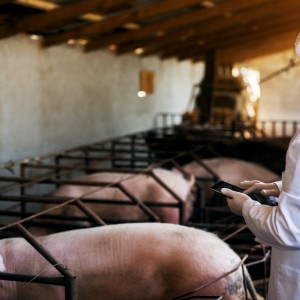

List
Add
Please enter a comment